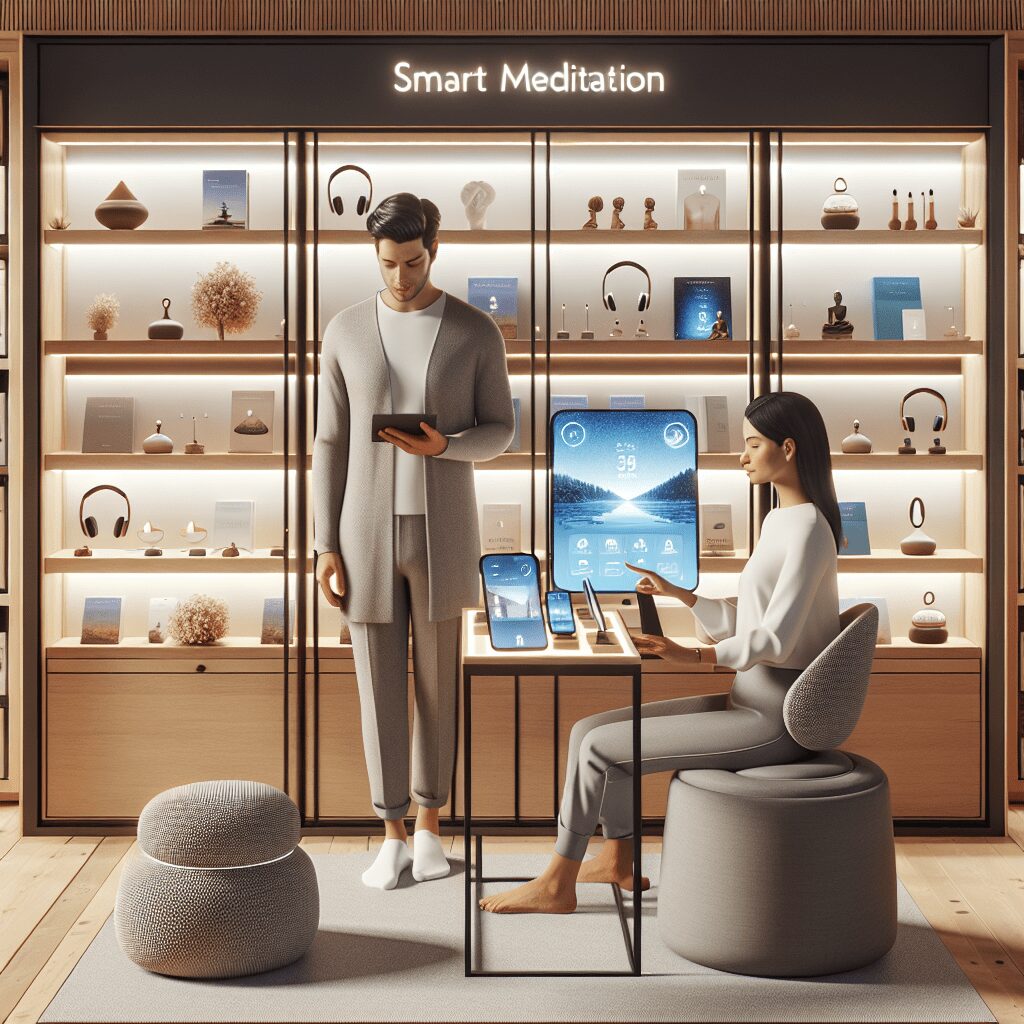
Prioritize your mental well-being daily. Enhance your life by nurturing your mental health with the Smart Meditation app. Break free from stress, alleviate anxiety, and enhance your sleep quality starting today.
Is Alcohol A Drug Antidepressant Or Hallucinogen?
Unveiling the True Nature of Alcohol: More Than Just a Beverage
In the tapestry of human culture, alcohol weaves its way through celebration and sorrow alike, a companion to humanity’s myriad moments. But beneath its social facade, what exactly is alcohol from a pharmacological standpoint? Is it an antidepressant, a hallucinogen, or something else entirely? Let’s uncork the facts and explore the complex character of alcohol.
Alcohol: A Multifaceted Substance
To understand alcohol’s place in the spectrum of substances, it’s vital to first break down what those categories – antidepressant, hallucinogen, and drug – truly mean.
Antidepressants are medications prescribed to alleviate symptoms of depression by adjusting the balance of neurotransmitters in the brain. Hallucinogens, on the other hand, are substances that cause profound alterations in perception, mood, and thought, leading to experiences far removed from reality. And the term drug? Well, that’s a catch-all, referring to any substance that causes a change in an organism’s physiology or psychology when consumed.
So, where does alcohol fit in? While not neatly boxed into just one of these categories, alcohol is most accurately described as a depressant. Yep, you read that right – not an antidepressant, but rather the opposite.
The Depressant You Didn’t See Coming
Alcohol’s primary impact is on the central nervous system, where it acts as a depressant. This means it slows down brain function and neural activity. The effects? Initially, it might seem like an icebreaker, loosening inhibitions, and sparking joy. But don’t let that fool you. As consumption increases, so does alcohol’s dampening effects – speech slurs, reactions slow, and critical thinking fades.
Far from being an antidepressant, alcohol can actually exacerbate depression. Chronic use disrupts the neurotransmitters that affect mood, often leading to a decrease in mental health over time. And while it’s not a hallucinogen in the traditional sense, extreme alcohol consumption can lead to alcohol poisoning, characterized by confusion, vomiting, seizures, and in severe cases, hallucinations and blackouts. Still, these effects are not the intended or typical use, unlike with classic hallucinogens.
Here’s the Lowdown:
- On the Brain: Alcohol boosts the production of dopamine in the brain’s “reward” center, which is why that first sip feels so good. But this short-term pleasure can lead to long-term blues, as the brain’s chemistry gets thrown off balance.
- On Mood: Initially, alcohol may mask stress and sadness, but this is a temporary fix. With regular use, it can contribute to a cycle of depression and dependence.
- On Perception: While not causing hallucinations in the traditional psychedelic sense, heavy drinking can distort reality enough to resemble a very mild, very unwelcome hallucinogen.
Wrapping It Up: A Cautionary Tale
In conclusion, while often the life of the party, alcohol wears many hats – none of which are particularly helpful in the realms of mental health. It’s neither an antidepressant nor a hallucinogen but a depressant that can dance in the dark, leading unwary individuals down a path of increased depression and distorted realities. So, next time you raise a glass, remember the complex chemistry and consequences behind that simple sip. Drink responsibly, understanding that alcohol, while socially sanctioned, carries its weight in both culture and caution.




